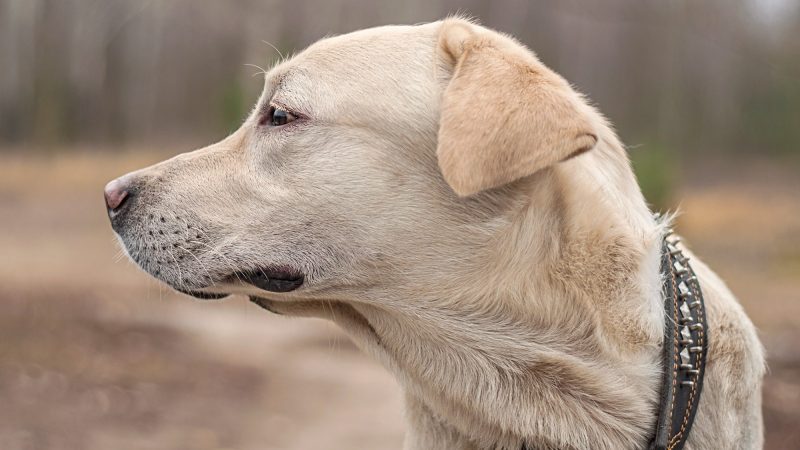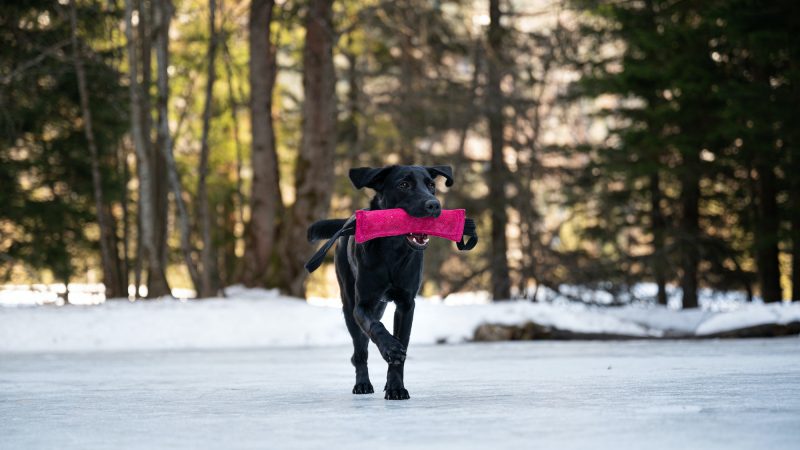Hip Dysplasia And Golden Retrievers

Hip dysplasia is a bad development of the hip joints, which is a common growing illness with younger pet dogs of practically every type. With larger breeds, unsteady hip joints are typical, although hip dysplasia can be a severe issue that will restrict the physical activity of your Golden. Although many Golden Retriever owners don’t understand it, hip dysplasia is something that dogs acquire from their moms and dads, and becomes worse with age.
The signs and signs of hip dysplasia is almost difficult to identify with Golden pups, although it will start to show once the puppy has actually reached the age of nine months. Even though you may take your Golden to the vet to have him took a look at, your vet will inform you that you need to wait to see if the signs are there, once the Golden Retriever has actually reached a particular age.
The symptoms and indications of hip dysplasia vary, although the most typical consist of crippling or the failure to stroll properly. This disease can improve once the canine gets older though, due to the joints supporting, the inflammation decreasing, and the muscles in the hips getting stronger and more mature. Bear in mind however, that Golden’s who have hip dysplasia when they are more youthful will more than likely establish arthritis when they grow older.
Golden Retrievers that experience hip dysplasia aren’t suitable for breeding, although they can still live a long and healthy life. There are certain drugs that your vet can recommend to your pet dog, which will help him manage his weight and assistance control the disease. These drugs can also reduce the pain too, helping your Golden enjoy himself as much as possible.
Some Golden Retrievers that have hip dysplasia will not start to show any indications at all until they get a few years of ages, once the muscles start to wear down and the damage to the hip muscles begin to become more visible. Although your canine may be active and healthy for the majority of his puppy years, dysplasia can slow whatever down and make your canine appear he is old and is experiencing the physical characteristics of arthritis.
To eliminate the pain of hip dysplasia, there are surgery options offered. Golden Retrievers have a high limit for discomfort, and will not usually reveal any signs of being in discomfort, although you know they are. X-rays won’t show any signs of discomfort, although the hopping or sluggish walking will tell you that your pet dog is hurting. Golden Retriever’s who have this illness won’t understand it – which is why you need to assist as much as possible. If you do your part and assist your dog seek relief – he will feel better than ever before – although he will not let you understand he hurt any at all.





